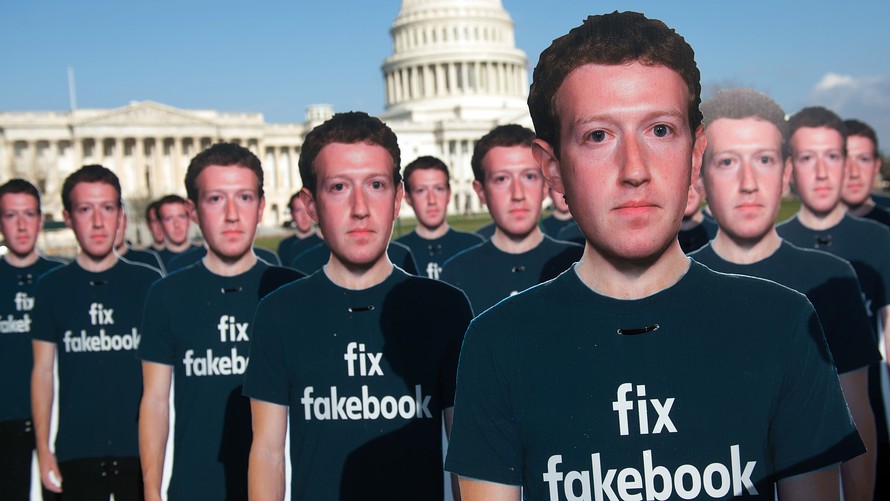
Stock-market investors live by the FANGs, and they die by the FANGs.
That may be one takeaway from recent comments made by Savita Subramanian, head of US equity and quantitative strategy at Bank of America Merrill Lynch. The strategist said investors should wean themselves from off the handful of fast-growing techy companies known by the acronym FANG— and sometimes FAANG — that represent a cadre of highfliers that have helped to supercharge the current bull run for equities.
FANG is an acronym that stands for Facebook Inc. FB, +1.15% Amazon.com Inc. AMZN, -0.08% Netflix Inc. NFLX, +1.77% and Google-parent Alphabet Inc. GOOG, +0.95% GOOG, +0.95% (and sometimes includes Apple Inc. AAPL, +1.92% ). Those technology and social-media powerhouses have returned between 16.4% and 44.8% annually since 2015, versus a comparatively measly 8.5% return for the S&P 500 index SPX, +0.85% according to FactSet data.
However, Subramanian makes the case in an interview with CNBC that the degree and length of the bullish run for FANGs have resulted in a super-crowded trade that isn’t likely to yield the performance that the group once offered.
The BAML strategist said FANG shares have far more room to disappoint current stockholders and could be enmeshed in regulatory problems that could weigh on investors.
“These companies are about to be smacked down from a regulatory perspective,” Subramanian said. “Look at the fact that Mark Zuckerberg was testifying before Congress a year ago. That’s exactly what all the financial CEOs were doing 10 years ago,” she added, comparing scrutiny of the Facebook boss and the regulatory scrutiny of the banking industry that followed the 2008-09 financial crisis.
Of course, tech giants haven’t been the center of a systemic market collapse, but a multitude of privacy breaches on their watch, and their growing market power, have raised a litany of questions about social-media business models and calls for a breakup of these entities that have echoed calls for a breakup of sprawling banks more than a decade ago.
“I think what we see for tech companies over the next 10 years will be similar, not as bad, but similar to what we’ve seen in other sectors, where tech companies have had essentially a free ride and they’re now about to start to see the costs and pain associated with regulation.” Although, no banks have been broken up since 2008, the financial crisis did lead to tighter oversight, including the formation of the Consumer Financial Protection Bureau and laws that limited the ability of financial firms to execute risky trades.
This time around there have been a growing chorus for increased regulation for social-media giants like Facebook. Google and Amazon also have been the subject of antitrust calls, with critics claiming that these companies hamper innovation and competition.
In the past, calls for the death of FANG were tantamount to declaring the end of the bull market.
However, Subramanian says that isn’t the case this time.
“I don’t necessarily see things as that bad in the next 12-24 months,” she argued. She said her advocacy of banks as a good FANG replacement is based on the view that those firms will benefit in the coming late-cycle environment. She also said that financials are relatively cheap, compared against shares of utility stocks, which have enjoyed a powerful rally in recent months.
“Utilities are trading at the highest multiple we’ve ever seen relative to financials when both sectors pay a reasonable dividend, both sectors are regulated, both sectors have lower earnings risk than the market.”
Subramanian said so-called defensive sectors like utilities have surged on worries that a recession may take hold in the economy that is in its 10th year of expansion, but emphasized that gains for the broader market can still be achieved before a recession takes hold.
“I feel like the market has just given up on cyclicals at this point and is playing the recession playbook where you buy anything with high yield and low beta,” referring to the outperformance of defensive sectors like utilities and real estate during the month of May.





























